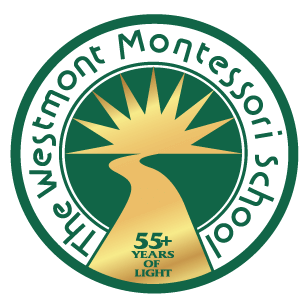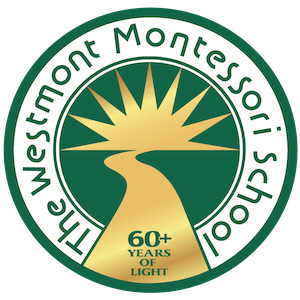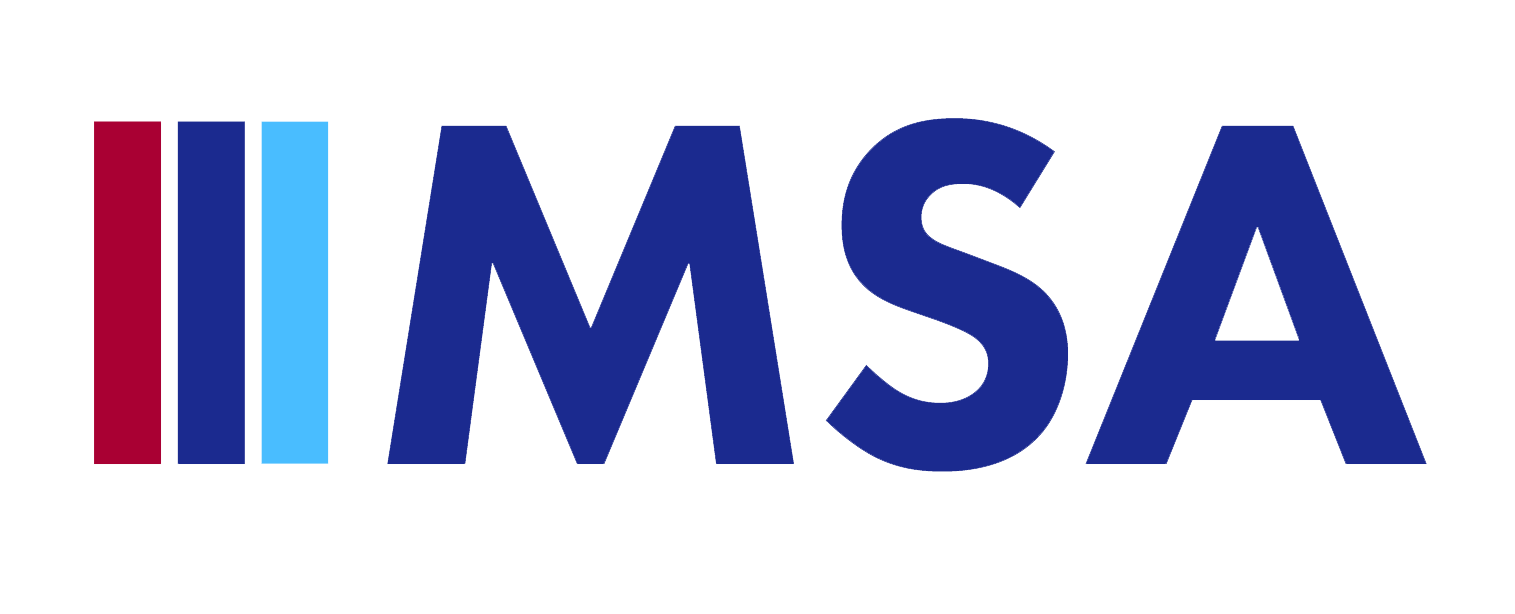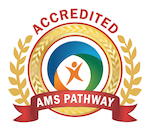Accreditation ‐ It Makes a Difference
As I prepare to be on a visiting accreditation team for Middle States Association of Colleges and Schools, I am reflecting on the importance of accreditation for a school, why it matters and the difference it makes.
Did you know that your child is in an accredited school? In 2005, Westmont received accreditation from the American Montessori Society (AMS) and Middle States Association of Colleges and Schools/Commission on Elementary and Secondary Schools (MSA/CESS), a dual accreditation which we are honored to have. In the fall of 2013, we began the reaccreditation process in preparation for our own visiting team in 2015, when we received our reaccreditation stamp of approval.
Each part of the journey toward accreditation and reaccreditation required an in-depth examination of a school and its practices. The self-study undertaken, coupled with a school’s documented alignment with the standards set by the accrediting bodies, is vital to the process. As educators, we know there is always room for growth and improvement, and best practices in education continue to evolve with research and outcomes. Being accredited means a school will never rest on its laurels or accept that it is perfect. Receiving and maintaining accreditation guarantees that schools will continue to adhere to high standards and remain on the cutting edge of best practices. For Westmont, accreditation validates who we are as a school and supports our commitment to early childhood education.
Parents come to our school and ask why every school does not seek accreditation? Accreditation is a choice, of course, and it requires a 100% commitment and investment on the part of a school and its governing body. It requires hard work on the part of a school community and a willingness to examine the inner workings of a school and subsequently set goals for improvement. Accreditation is an ongoing reflective process. The work includes examining a school’s mission, its educational program, its governance and leadership, its faculty and staff, its finances, to name a few. For Westmont, a very important component is the requirement that our teaching staff hold Montessori credentials and pursue ongoing professional development. Most important, it assures parents that they have chosen a school that is approved and monitored by professional organizations dedicated to ongoing excellence and best practices in education.
The feedback from our reaccrediting team validated what we strive to be as a school. The team recognized our experienced teaching faculty, our commitment to student learning, our peaceful and calm environment, our supportive parent body and board of trustees, the high level of engagement and independence that our students exhibited, and our flexible extended day program. Maintaining accreditation is important to Westmont. It makes a difference that at the most critical time in a child’s early learning stage our students are in the best learning environment possible. Accreditation validates our commitment to each child every day.
Colette
